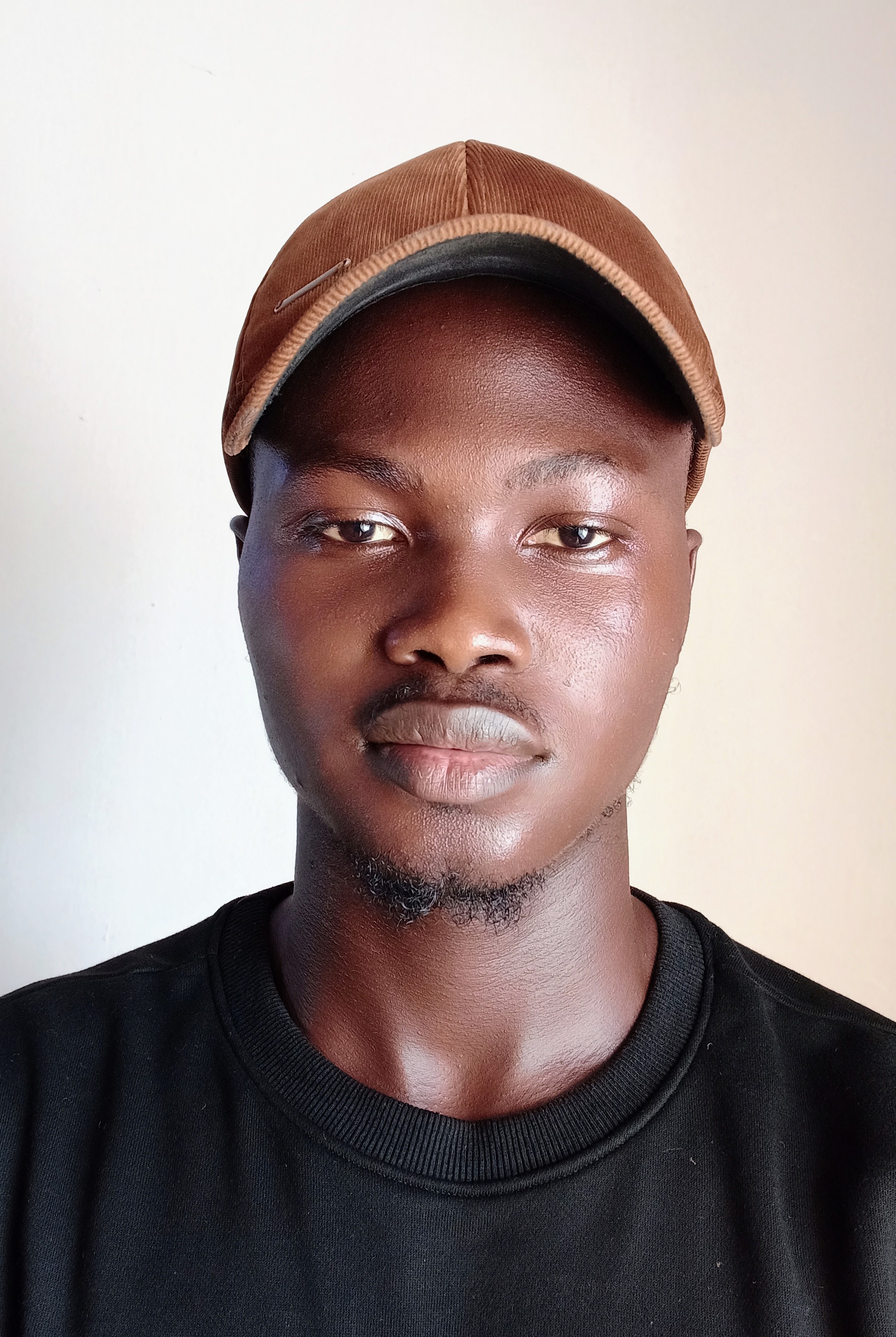Featured
Meet Web3 Engineer Who Thinks Blockchain Will Change the World
 At a young age when many are still trying to figure out their lives, this young man has built a brand for himself as a top Web3 talent, leading products and building impactful digital solutions that have been used all around the world. For many people, blockchain sounds like Greek but for Adekunle, it is his bread and butter. He bares it all today taking us on a crash course of blockchain and how it is changing the financial landscape of the global economy. Today, I had a sit down with Adekunle Michael Ajayi (AMA), a leading software engineer with Web2 and Web3 technology.
At a young age when many are still trying to figure out their lives, this young man has built a brand for himself as a top Web3 talent, leading products and building impactful digital solutions that have been used all around the world. For many people, blockchain sounds like Greek but for Adekunle, it is his bread and butter. He bares it all today taking us on a crash course of blockchain and how it is changing the financial landscape of the global economy. Today, I had a sit down with Adekunle Michael Ajayi (AMA), a leading software engineer with Web2 and Web3 technology.
Thank you for speaking with me Adekunle. Everyone is talking about blockchain these days. To a novice, what is it exactly?
It’s a pleasure to be featured and interviewed on your platform. Thank you for having me. To answer your question, let’s say blockchain is like a giant digital record book, alright? Anyone on the network can contribute stuff, but for it to be official, most people have to agree. And once something is in there, it’s pretty much set in stone, with a trail of breadcrumbs leading back to the beginning.
Interesting. For those who don’t know, what then is the difference between public and private blockchains?
Good question. Public blockchains are like free-for-alls, anyone can join in. Bitcoin and Ethereum which you must have heard of are examples of this. However, private blockchains are more exclusive, with an administrator controlling who gets access. Like a group of company keeping track of its supply chain internally.
So I hear about miners in blockchain. What do they do exactly?
Miners are like security guards in a blockchain network. Their job is to solve puzzles with their computers which verify transactions and add new entries to the record book. It’s a tough job and takes a lot of energy, but it keeps everything safe from bad actors. Anyone can be a miner as long as you have access to energy and a computer machine.
Great. What can blockchain be used for?
Absolutely! Imagine tracking products from farm to fridge, that’s blockchain in the supply chain. Another use case for blockchain is what it can do for healthcare. You can keep medical records safe and accessible with blockchain. Even voting systems and personal IDs can be built on blockchain! So many use cases that are currently being worked on. The future is about to not be the same again with blockchain.
Sounds cool, but are there any challenges with blockchain?
Of course, just like everything in life, there are challenges. At the introduction of every modern invention, there have been challenges however we always overcome those challenges and made the invention better. We saw this with the airplane invention, banks, and even the internet. Blockchain is no different. There are challenges and one of them is that it can be slow to process things, like those long lines you see at Banks. But new technologies like rollups and L2 are being developed to speed things up. These technologies will get more transactions through the system faster.
And what about security? Can someone tamper with the record book?
That is a really good question. The beauty of it is that Blockchain uses sophisticated algorithms and a network of computers to make sure everything stays secure and can’t be changed. Plus, everyone can see the whole history, so there’s no hiding anything. You are probably more safe with blockchain than any other financial instrument or network but it comes at a cost because with great power comes great responsibility.
That transparency sounds good, but are there any laws or regulations catching up with blockchain?
Not quite yet. It’s a bit of a wild west right now, with governments still figuring out how to handle it. But it’s an important discussion because consumers need to be protected. Regulations need to be in place to make sure this new tech plays by the rules. Some countries are already developing laws that factor in blockchain however it is still day one.
That is a lot to unpack! So basically, blockchain is about spreading control and trust across a network, right?
Exactly! It’s like a revolution in how we store and share information. It might take some time to iron out the kinks, but blockchain has the potential to change the game in a lot of industries.
